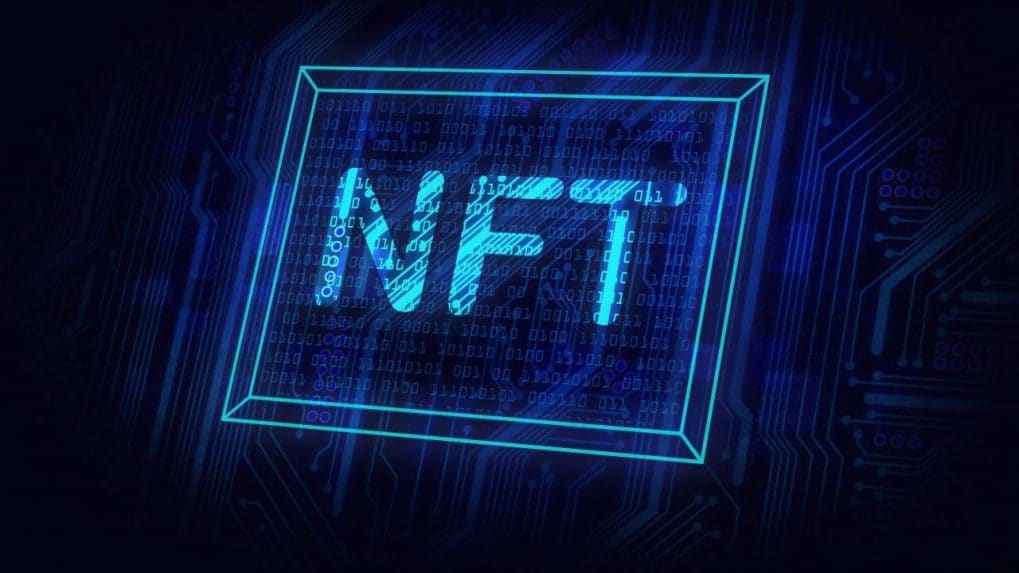
In a historic move, the High Court of England and Wales has allowed the victim of a crypto scam to serve legal proceedings to the anonymous culprits via an NFT. The court’s order is part of a case between Italian engineer Fabrizio D’Aloia and crypto exchanges Binance Holdings, Poloniex, gate.io, OKX, and Bitkub. This is the first time in Europe that an NFT will be deployed to deliver legal proceedings.
D’Aloia, who is also the founder of the online gambling platform Microgame, has alleged that his cryptocurrency has been misappropriated by unknown persons operating two crypto wallets. He claims that “a fraudulent clone online brokerage” coaxed him into depositing about 2.1 million Tether (USDT) and 230,000 USD Coins (USDC) into the two wallets. The Microgame founder has hired UK-based law firm Giambrone & Partners for legal counsel.
A landmark case
Joanna Bailey, an associate with the financial dispute team of the law firm, mentioned that D’Aloia was allowed to hold the five exchanges responsible as they were holding his crypto assets. The court also said that the exchanges must take adequate measures to ensure that funds are not transferred while in custody.
“The importance of the Court’s finding of a good arguable case of constructive trustee liability cannot be overstated,” said Bailey. “Should cryptocurrency exchanges act contrary to such orders and fail to ringfence the identifiable cryptocurrency, they risk being held liable for breach of trust,” she added.
Most crypto scams can often be traced only to miscreant wallets, and their identities remain concealed. Depositing the legal proceedings into these wallets by airdropping them as NFTs will not require the identities of the wallet owners. The High Court’s landmark order thus helps D’Aloia further his cause in the legal battle.
“This judgment paves the way for other victims of crypto-asset fraud to pursue persons unknown who have misappropriated their cryptocurrency in situations where they otherwise would not be able to – for instance, where the contact details for fraudulent platforms are no longer active, which is often the case,” reads Giambrone & Partners’ press release.
So far, under UK’s Civil Procedure Rules, one could only serve lawsuits to the involved parties by mail, physical drop-offs at known addresses, fax, or any other mode of “electronic communication.” What’s interesting to note is that, these electronic communications could also include Twitter and Instagram.
Therefore, leveraging the available technology in dolling out justice is a unique use case for blockchain technology and a logical extension of existing protocols.
The press release also elaborates on the significance of the court’s decision. “The Order is significant on two fronts. Firstly, it granted permission for the claimant to serve proceedings by way of NFT airdrop to the two wallets into which Mr. D’Aloia initially deposited his cryptocurrency, in addition to service by email. And secondly, it recognised that the five cryptocurrency exchange defendants hold Mr D’Aloia’s identifiable cryptocurrency (followed, rather than traced in Equity) as constructive trustees,” it read.
Also, it is noteworthy that a High Court is willing to adopt blockchain technology when push comes to shove. “This is so important because it shows the court’s willingness to adapt to new technologies and embrace the blockchain and actually step in to help consumers where previous legislation and regulators simply could not do that,” said Bailey to Coindesk.
While all this is definitely good news for the victims of crypto scams, the success of the legal proceedings is yet to be determined. The serving could have limited practical effect if the culprits never use the wallet again.
(Edited by : Abhishek Jha)
This news is republished from another source. You can check the original article here




 – Binance
– Binance